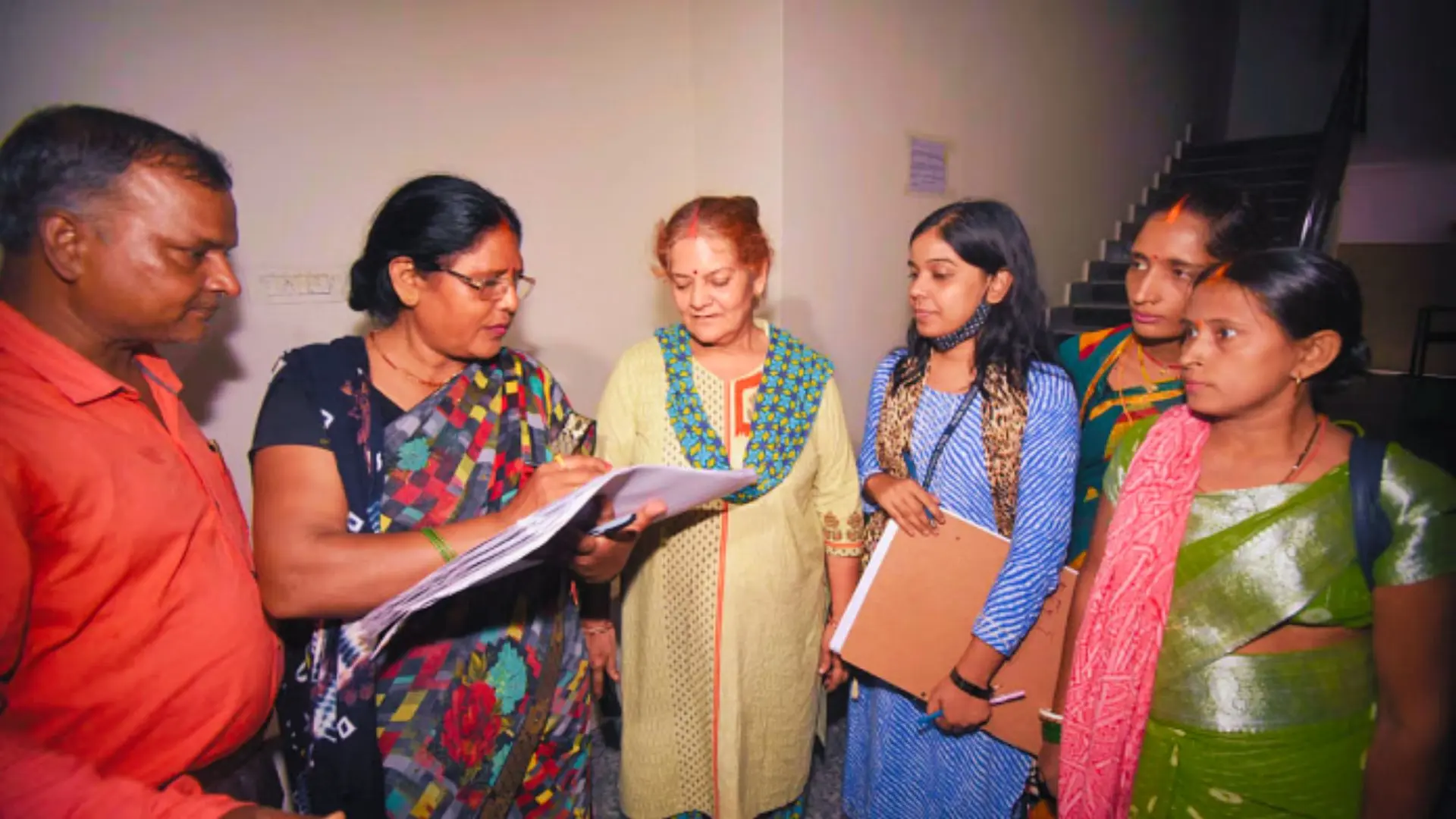In a major political move, BJP-led NDA government has announced its decision to conduct a nationwide caste census, marking a pivotal shift in India’s policy and political narrative. This comes after years of demand by opposition parties, especially the Congress, which had strongly advocated for a caste census as a key poll promise during the 2024 Lok Sabha elections.
Addressing a press conference, Union Information and Broadcasting Minister Ashwini Vaishnaw confirmed that caste enumeration will be part of the upcoming national census. He emphasized that while certain states have undertaken their own caste-based surveys, a full-scale caste census falls under the purview of the Central government. “Since Independence, caste was not included in census operations. In 2010, the then UPA government only conducted a socio-economic survey, not a caste census,” Vaishnaw said, referring to the Socio-Economic and Caste Census (SECC), which never fully released its caste data.
Caste Census
A caste census is an official government exercise to collect detailed data on the caste, sub-caste, and socio-economic status of India’s population. Unlike the general census, which focuses on age, literacy, and religion, a caste census provides granular insights into the social composition of the country. This data can be crucial for formulating effective public policy, targeting welfare schemes, and ensuring fair representation for marginalized communities.
Why Is a Caste Census Needed?
India’s last comprehensive caste census was conducted in 1931 during British rule. Since then, policies related to reservation and welfare have relied on outdated estimates. A fresh caste census is expected to:
-
Provide accurate population data for OBCs, SCs, STs, and other castes
-
Help in identifying the most socio-economically backward groups
-
Restructure affirmative action policies to reflect current realities
-
Enable fairer allocation of quotas in education, jobs, and political representation
The Bihar caste survey conducted in 2023 revealed that OBCs and EBCs together constitute around 63% of the state’s population, sparking renewed calls for a national-level exercise.
Political Implications of a Caste Census
The decision to carry out a caste census is likely to reshape India’s political epitome in multiple ways:
1. Rise of Caste-Based Mobilization
Parties across the spectrum may intensify their outreach to specific caste groups, promising increased representation and welfare benefits. This could empower historically marginalized communities but may also deepen caste-based identity politics.
2. Reform of Reservation Policies
With accurate caste data, there will be mounting pressure to align reservation quotas with the actual demographic composition. This could lead to a demand for expanding the 50% cap on reservations, thereby reigniting debates around constitutional amendments.
3. Shift in BJP’s Political Strategy
BJP has traditionally focused on Hindutva-based politics that seek to unify Hindus beyond caste lines. A caste census might push the party to recalibrate its approach, especially in states with strong OBC and Dalit voter bases. Critics argue that the move undercuts its earlier resistance to caste enumeration and signals a tactical shift to counter opposition narratives.
4. Greater Transparency and Governance Reforms
Policymakers will be better equipped to identify gaps in education, healthcare, employment, and social welfare by understanding which castes dominate or lag behind in various sectors. This could lead to more equitable governance and targeted interventions.
The caste census is more than just a data collection exercise it is a political game-changer. As India prepares for the 2029 general elections, caste-based data could redefine alliances, narratives, and policy decisions. While it promises empowerment and inclusion for many, it also raises questions about deepening social divides and the future of identity politics in India.
ALSO READ: From Bharat Jodo To Census: Congress Credits Rahul Gandhi For Caste Survey Decision By Centre























